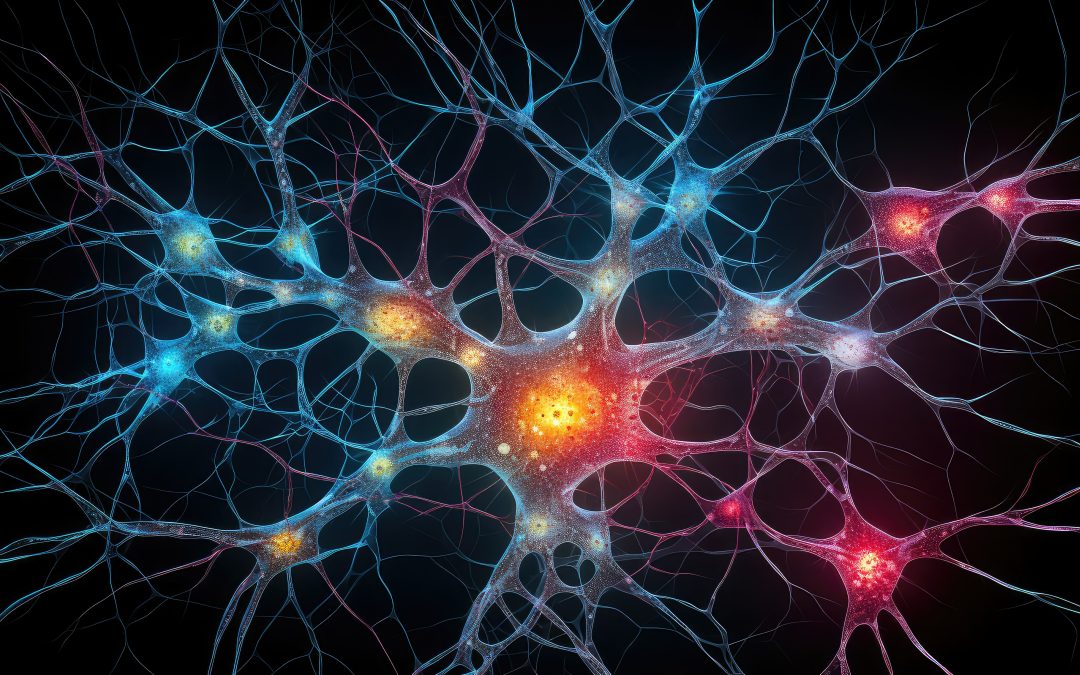
by wadmin | May 22, 2024 | Articles and Blogs
Chronic pain is a condition that significantly impacts people’s quality of life and often leads to mental health challenges. Living with persistent pain can be physically and emotionally exhausting, creating a cycle that worsens mental health issues like...

by wadmin | May 13, 2024 | Articles and Blogs
Transcranial Magnetic Stimulation (TMS) has emerged as a revolutionary treatment for people who struggle with chronic pain. This blog post dives into the journey post-TMS treatment, offering insights into how individuals can maintain pain-free living. We’ll explore...

by wadmin | Apr 29, 2024 | Articles and Blogs
Transcranial Magnetic Stimulation (TMS) has emerged as a source of hope for those battling treatment-resistant depression. However, many people unfortunately have to decline TMS treatment because of its two-month commitment. Accelerated TMS, a newer and faster version...

by wadmin | Apr 22, 2024 | Articles and Blogs
When searching for relief from depression, the question of comfort during treatment is often one of concern, particularly for those seeking alternatives to medication. Transcranial Magnetic Stimulation (TMS) therapy is a promising solution, merging innovation with...

by wadmin | Apr 15, 2024 | Articles and Blogs
Is your life overshadowed by chronic pain, where every day feels like an uphill battle? That’s the reality for millions, and it’s why Transcranial Magnetic Stimulation (TMS) therapy might just be the chronic pain relief you’ve been searching for....






